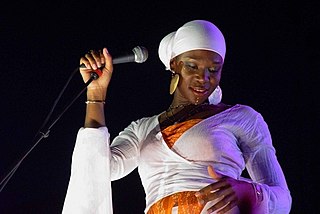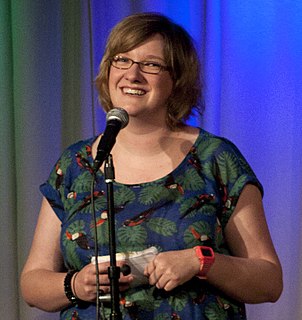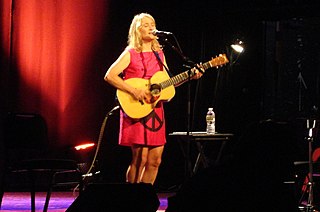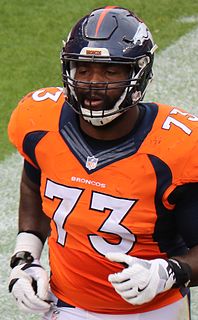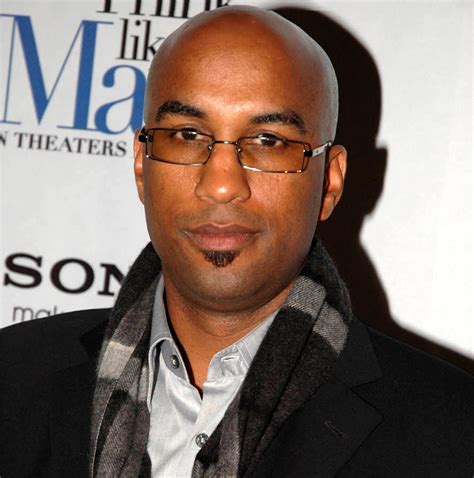A Quote by India.Arie
I do all the things that singer-songwriters do. I introduce the songs, I have a story to tell about everything all the time - I cannot be on stage and have something on my mind without telling the audience. I'm super emotional and expressive and vulnerable in that moment.
Related Quotes
Any kind of sequence when you have to express physical space and time can be difficult to story-tell because, if you're sitting there watching it like it's a play or something, your mind can track what's going on, or if you're watching an actual fight you can kind of track what's going on, but as soon as you have to start telling the story and tracking for the audience, it becomes much more complicated.
The difference when I'm writing a story versus writing a joke is that writing a joke is so much more about the structure and it's less about the conversation. To me, the thing that I love about stand-up is the intimacy between performer and audience.To get it even more conversational was something that really appealed to me and that I really enjoyed doing. My early experiments with it, with just telling a story from my life on stage, it was so satisfying to do. And seemingly for the audience as well. It's a different thing, and it's a different feeling and a different vibe.
Sometimes I don't tell the truth, which is telling the truth about not telling the truth. I think people don't tell the truth when they're afraid that something bad's going to happen if they tell the truth. I say things all the time that I could really get into trouble for, but they kind of blow over.
God gave music the power to carry his light into the darkness. That’s a mighty privilege. It means intentionally telling stories and writing songs that bear truth that outlasts the songs themselves. If I did this in hopes of thunderous applause and piles of cash, I would have quit years ago. But there are moments on the stage when I sense something magical, a connection with the band and the audience, when our stories intersect and suddenly we’re wading in an ancient river. Suddenly the song is secondary to the greater story being told through each of us.
Normally classical music is set up so you have professionals on a stage and a bunch of audience - it's us versus them. You spend your entire time as an audience member looking at the back of the conductor so you're already aware of a certain kind of hierarchy when you are there: there are people who can do it, who are on stage, and you aren't on stage so you can't do it. There's also a conductor who is telling the people who are onstage exactly what to do and when to do it and so you know that person is more important than the people on stage.
